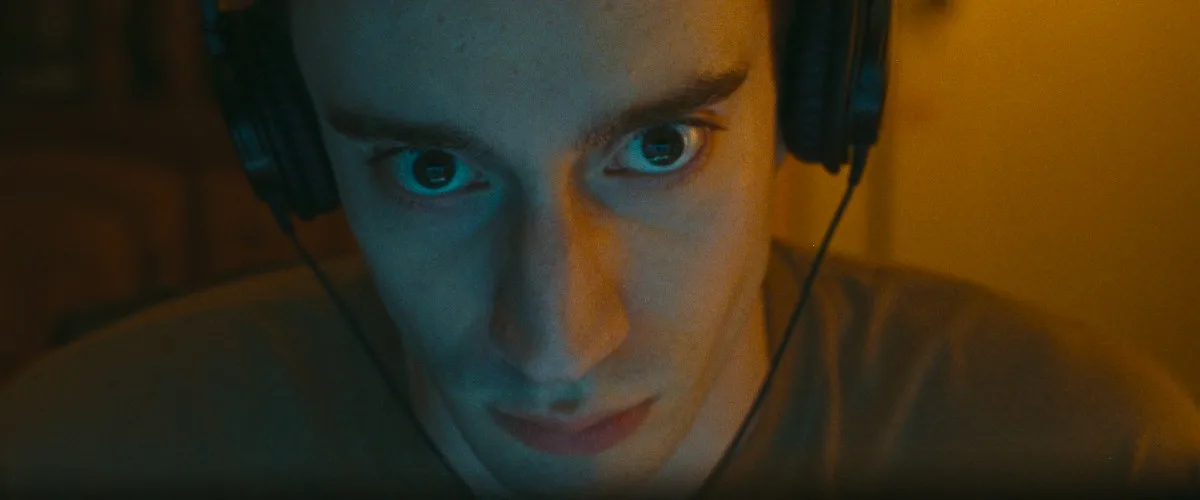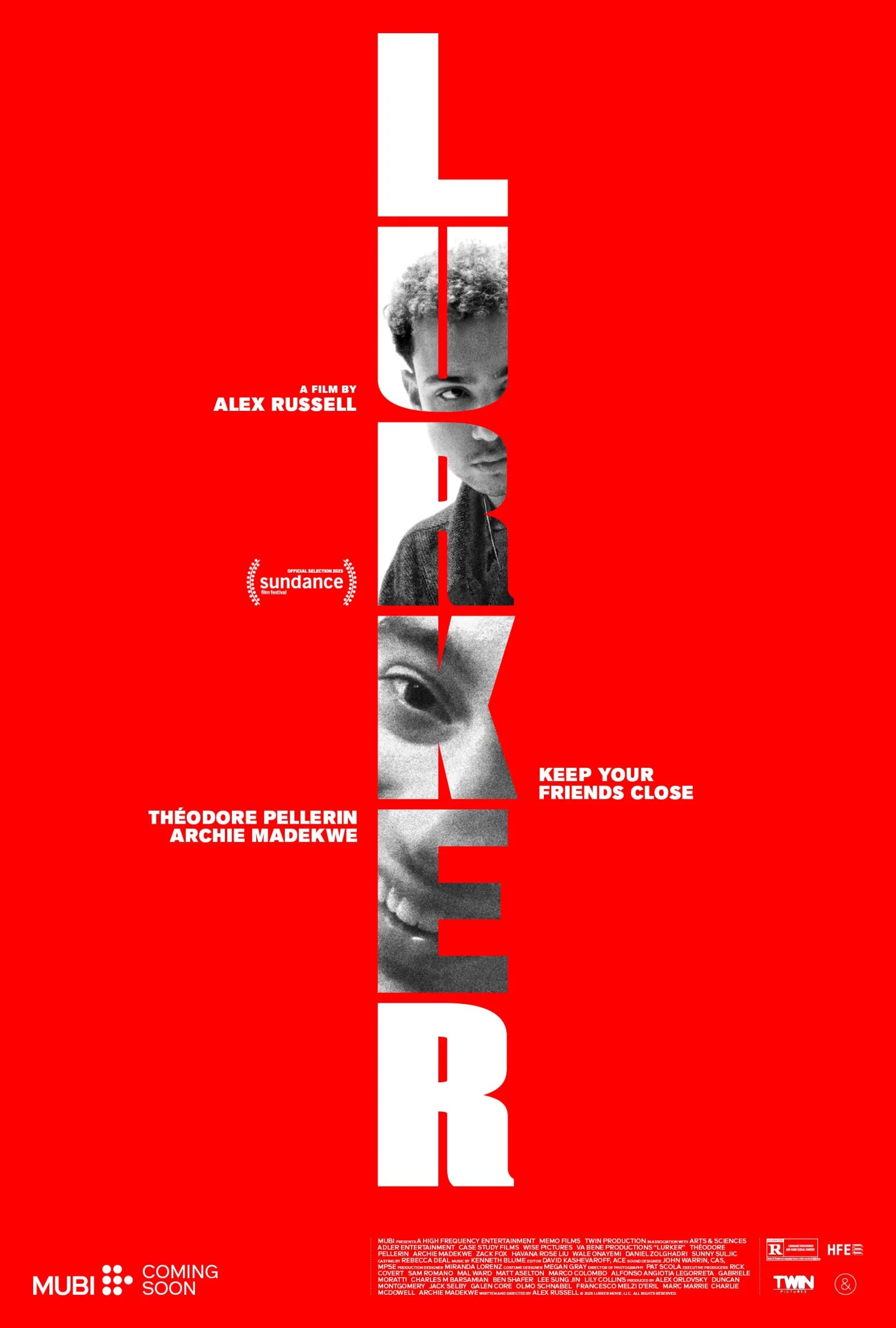It feels nice to be in the room where it happens. And in an age where fame and celebrity are increasingly crystallized among a chosen few, it’s tempting to do whatever you need to do to make yourself seen and known. There’s a reason celebrities have entourages; one can wax philosophical about how your old high school buddy “keeps you grounded,” but the truth is that every one of those hangers-on is desperate to grab some crumb of the limelight for themselves. That impulse, and the destructive behaviors it engenders, is the core of Alex Russell‘s riveting thriller “Lurker,” which feels like “Nightcrawler” for starfuckers in the best possible way.
When we first see him, the seemingly unassuming Matthew (“On Becoming a God in Central Florida”‘s Théodore Pellerin) spots a guy in the LA clothing store boutique where he works, taking selfies with blushing fans. Smirking to himself, Matthew pulls up a Nile Rodgers song on the store’s speakers, which instantly grabs the guy’s attention, and the two strike up a conversation. The man is Oliver (Archie Madekwe, who, between this and “Saltburn,” seems drawn to onscreen social leeches), an up-and-coming pop star who seems impressed by Matthew’s musical taste and invites him to his show that night. “I need a real person there,” he remarks. What he doesn’t know, and Russell quickly shows us, is that Matthew’s choice of Rodgers is no accident; he knows it’s his favorite song from trawling Oliver’s socials. And that’s just Phase One in his broader scheme to piggyback off Oliver’s notoriety for his own purposes.
From there, Russell (a steady writing hand on FX shows like “The Bear” and, crucially for this story, “Dave,” another tale of a rapper and the ambitions of his entourage) sends us tumbling down the methodical efforts of Matthew to worm his way into Oliver’s inner circle. His first obstacle, of course, is his existing entourage, including a wary videographer (Daniel Zolghadri) and best friend Swett (Zack Fox of “Abbott Elementary“), who immediately sense trouble and feel protective of Oliver (not to mention their own place in the pecking order). Unluckily for them, Matthew is a master manipulator; he knows his best bet with Oliver is to, as one character tells him, make himself useful. At first, it’s being dish bitch at the house where they all hang. But he soon takes advantage of one opportunity after another to step up to the plate, even as we see Matthew transparently (to us, at least) engineering these situations.
These calculations play out with remarkable restraint and savvy, thanks to Pat Scola’s probing camerawork (complete with grain and darkness to accentuate Pellerin’s gaunt features and hollow smile); we practically see the gears turning in Matthew’s head as he plans each new word, gesture, or movement. There’s a sense, like so many of these onscreen stalkers (like Jake Gyllenhaal in “Nightcrawler” or Aubrey Plaza in “Ingrid Goes West,” a more comedic take on similar material), that Matthew has no inner life of his own. He craves power and attention for its own sake, rather than seeking a platform to explore a genuine passion. Dopamine hits of Instagram follow notifications lull Matthew to sleep in one scene, a simple but effective symbol for the empty appeal of all his social engineering.
Oliver, for his part, seems to genuinely desire an outlet for his artistic expression, even as he plays a similar game of adoration with Matthew and his entourage. Madekwe is also slyly brilliant here, less showy than Pellerin but sneaky in his maneuvering—a raw nerve who knows, on some level, what Matthew and the others are doing, but recognizes them as vital components of his own sense of validation. His gamesmanship with Matthew is compelling, both Pellerin and Madekwe toying with the homoeroticism of their growing connection in ways that pull back just so to leave their true pull towards each other ambiguous. Do they love each other? Or do they need each other?
As the film progresses, Russell’s grasp of the subtle can sometimes get away from him; while “Lurker” doesn’t lapse fully into violent thriller territory, the stakes of each one of Matthew’s calculations grow larger and larger to the point where the script sometimes gets away from the filmmaker’s otherwise impeccable sense of control. (Even the big single they’re working towards at the end gives the game away a bit too simply: “What’s the difference between love and obsession / I can never tell them apart.”) And yet, Russell pulls it back to a satisfying stomach-churning note in the final moments, a reminder that—no matter how much someone uses, hurts, and betrays you—the pull of fame, of celebrity, of being perceived and loved, is too much to overcome.




















